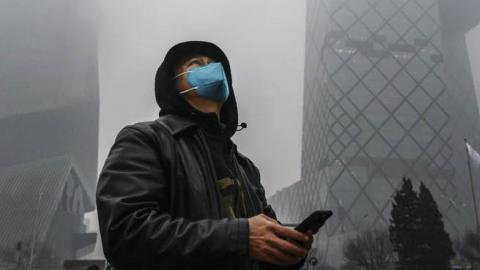It may not be the most entertaining book published this year, but in foreign relations it may be among the most useful. “Toxic Politics: China’s Environmental Health Crisis and Its Challenge to the Chinese State,” by Yanzhong Huang, a senior fellow at the Council on Foreign Relations, is a deeply researched account of China’s massive pollution problem and the government’s efforts to turn things around.
The unparalleled growth of China under a communist regime that was until recently almost entirely indifferent to the consequences of pollution has brought about an environmental disaster that, despite some competition from India, has no counterpart anywhere in the world. Prodded by local journalists, civic organizations and unrest as pollution’s impact on public health has grown, China’s government has over the past decade begun to take pollution seriously. By some measures it has made progress. But as Mr. Huang shows, cleaning up China will test the Communist Party to its limits.
China’s pollution problem results from the intersection of three forces: the rapid rise of its manufacturing economy; a central leadership that has long favored economic growth over competing policy goals like reducing pollution; and a system of governance that creates perverse incentives for local officials and limits the ability of local residents to control decisions that affect their lives. In recent years that picture has begun to change: China’s central authorities want the country to shift from industries like steel and cement toward services and tech, and they worry increasingly about the social, political and economic costs of pollution. But coordinating local governance in such a vast country is as difficult as ever.
Read the full review in the Wall Street Journal















